Take a Look around Your Kitchen.
How many fancy electrical appliances and gadgets do you have sitting around?
If you were without power for days (or weeks), what simple tools would you need to have on hand as a back-up plan?
Or maybe you’re setting up a Homestead and want to go Off the Grid.
Here’s a Place to Get Started With the Five Most Basic Tools:
Manual Can Opener
 The infamous electric can opener. Every disaster movie I’ve seen shows people trying to open cans of food when they have no electricity and all they have is the electric can opener. It usually ends with them badly wounding themselves with a knife. Yet, how many of you own a manual can opener? Personally, we don’t own an electric opener. I’ve never liked them. And we keep at least two manual ones on hand, in case one breaks.
The infamous electric can opener. Every disaster movie I’ve seen shows people trying to open cans of food when they have no electricity and all they have is the electric can opener. It usually ends with them badly wounding themselves with a knife. Yet, how many of you own a manual can opener? Personally, we don’t own an electric opener. I’ve never liked them. And we keep at least two manual ones on hand, in case one breaks.
 We also have P-38 can openers in our car emergency backpacks in each of our vehicles. You can pick these up at the Army surplus store or camping supply stores. They are very inexpensive, lightweight and don’t take up any space!
We also have P-38 can openers in our car emergency backpacks in each of our vehicles. You can pick these up at the Army surplus store or camping supply stores. They are very inexpensive, lightweight and don’t take up any space!
French Press Coffee Maker
 If a cup of coffee is your normal wake-up ritual, as mine is, then getting out of bed to a power outage will find you staring forlornly at the electric coffee maker. While traveling in Ireland we discovered that whenever we ordered coffee we always received a French Press at our table filled with the hot brew. So naturally when we found ourselves in a hotel room without a coffee maker (back here in the States), we promptly marched across the street to a Starbucks and purchased a French Press (picked up a couple of tourist mugs) and had them grind some beans for us. Viola! Coffee every morning in our room – which brings us to the next topic…
If a cup of coffee is your normal wake-up ritual, as mine is, then getting out of bed to a power outage will find you staring forlornly at the electric coffee maker. While traveling in Ireland we discovered that whenever we ordered coffee we always received a French Press at our table filled with the hot brew. So naturally when we found ourselves in a hotel room without a coffee maker (back here in the States), we promptly marched across the street to a Starbucks and purchased a French Press (picked up a couple of tourist mugs) and had them grind some beans for us. Viola! Coffee every morning in our room – which brings us to the next topic…
Coffee Bean Hand Grinder
 If you grind your own beans for your morning brew, you most likely use an electric grinder. No power—no bean grinding—no coffee. So purchasing a hand crank model not only assures you that getting your morning cup of coffee will not be a problem during a power outage, but you’ll discover that hand grinding (crushing the beans) versus slicing them with an electric grinder, will give you a more marvelous cup of joe! You’ll never go back to your old ways. Of course, in a dire emergency, I suppose you could spend the time to open up all those little k-cups that come with coffee makers today and use the ground beans in your French Press—until you run out, that is.
If you grind your own beans for your morning brew, you most likely use an electric grinder. No power—no bean grinding—no coffee. So purchasing a hand crank model not only assures you that getting your morning cup of coffee will not be a problem during a power outage, but you’ll discover that hand grinding (crushing the beans) versus slicing them with an electric grinder, will give you a more marvelous cup of joe! You’ll never go back to your old ways. Of course, in a dire emergency, I suppose you could spend the time to open up all those little k-cups that come with coffee makers today and use the ground beans in your French Press—until you run out, that is.
Hand Held Egg Beater & Non-Electric Dough Mixer
 Before electric mixers, we used the standard egg beater, for more than just beating eggs. I still use this for small mixing tasks, when I don’t want to drag out the big mixer. You should also have various sizes of whisks on hand, as well. And even if you don’t make bread on a regular basis, during a power outage, a manual dough mixer could simplify many a mixing chore.
Before electric mixers, we used the standard egg beater, for more than just beating eggs. I still use this for small mixing tasks, when I don’t want to drag out the big mixer. You should also have various sizes of whisks on hand, as well. And even if you don’t make bread on a regular basis, during a power outage, a manual dough mixer could simplify many a mixing chore.
Manual Food Processor & Food Mill
 Blenders and Food Processors are certainly a boon to anyone who is harvesting their garden produce or preparing a complex menu. But without electricity, you’d be doing a lot of chopping, dicing and mincing with a knife, unless you have a Non-Electric Food Processor. And manual, hand held food choppers are great to have on hand—even when you have electricity—for those quick small chopping tasks. A Food Mill can be used to strain, puree and liquefy. Example: It’s easier to use than a blender for creating tomato juice from blanched tomatoes because it keeps the skins from getting into the juice.
Blenders and Food Processors are certainly a boon to anyone who is harvesting their garden produce or preparing a complex menu. But without electricity, you’d be doing a lot of chopping, dicing and mincing with a knife, unless you have a Non-Electric Food Processor. And manual, hand held food choppers are great to have on hand—even when you have electricity—for those quick small chopping tasks. A Food Mill can be used to strain, puree and liquefy. Example: It’s easier to use than a blender for creating tomato juice from blanched tomatoes because it keeps the skins from getting into the juice.
Special Note: Although I’ve been forced to use hot tap water in the French Press in certain situations, if you can heat the water it’s so much better. In a power outage, the Buddy Burner would be a great item to have on hand, to heat a pan of water for your coffee or tea.
Do you already have any of these items in your kitchen?
For your convenience, many of these items can be found on my Self-Reliance Resource Page.


 Being outside in nature is the most basic part of who I am. Besides gaining knowledge about wildlife, I learn lessons about who I am, and surprise myself about what I am capable of achieving. Nature continually inspires me. It is a part of all my writings, no matter the genre or subject matter.
Being outside in nature is the most basic part of who I am. Besides gaining knowledge about wildlife, I learn lessons about who I am, and surprise myself about what I am capable of achieving. Nature continually inspires me. It is a part of all my writings, no matter the genre or subject matter. 
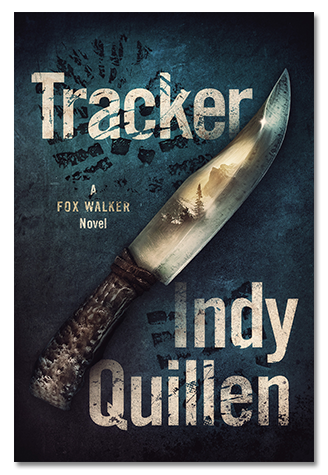
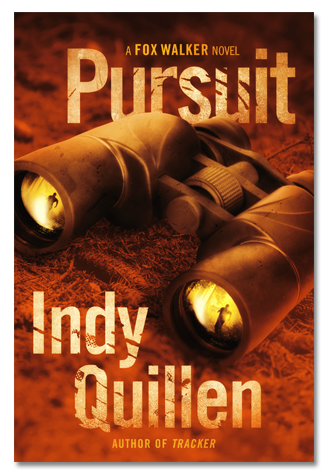
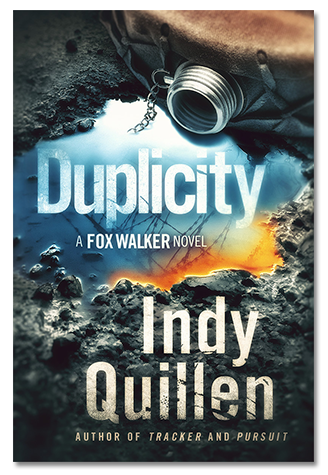
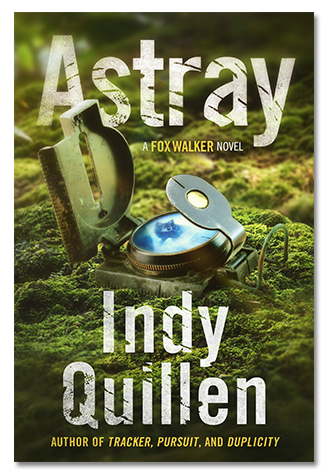

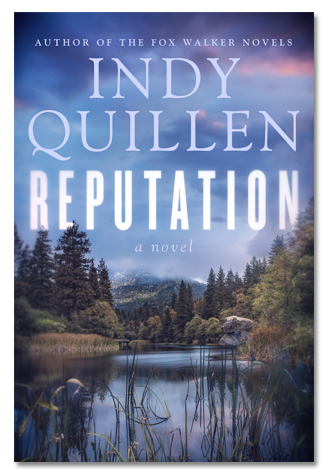
I don’t drink coffee so that’s not a problem for me but I do have a handheld can opener. I haven’t invested in an egg beater because a fork does a good enough job for me and keeps the number of gadgets to a minimum when I can use on for multiple purposes.
Thanks for sharing, Lois. I agree, it’s important to keep things simple and make one tool serve multiple uses whenever possible. Great reminder—Thanks!